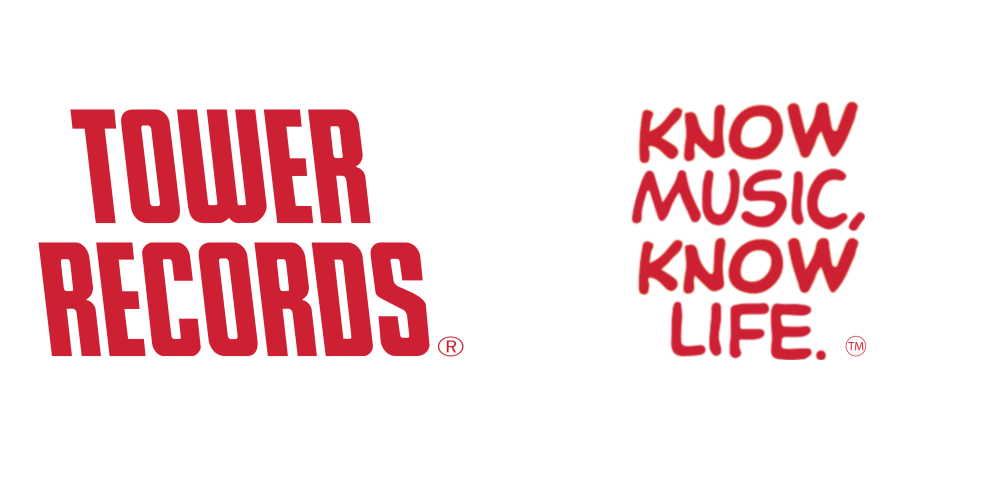Beethoven / Zirner / Muenchner Rundfunkorchester: Egmont

Beethoven / Zirner / Muenchner Rundfunkorchester: Egmont
Format: CD
On average, orders containing available-to-ship items are processed and dispatched within 1-2 business days, although this is not guaranteed.
Orders containing preorder items will ship as 1 fulfillment once all items in the order are available to ship.
Please note, Tower Records Merchandise and Exclusives are dispatched separately. On average, these items take 3-4 business days to dispatch, although this is not guaranteed.
The estimated shipping times that are displayed at checkout are from the point of dispatch.
See our shipping policy for more information.
We have a 30-day return policy, which means you have 30 days after receiving your item(s) to make a return.
To be eligible for a return of an unwanted item, your item must be in the same condition that you received it and in its original packaging.
In the unfortunate situation that a product is damaged/faulty/incorrect, let us know and we will endeavor to correct any issue as soon as possible.
Please see our refund policy for more information.
Artist: Beethoven / Zirner / Muenchner Rundfunkorchester
Label: BR Klassiks
Product Type: COMPACT DISCS
UPC: 4035719003406
Genre: Classical Artists
In September 1809, the Vienna Hofburg Theatre commissioned Ludwig van Beethoven to create new incidental music for Johann Wolfgang von Goethe's "Egmont". The tragedy had premiered in Mainz on January 9, 1789. It calls for incidental music, but various attempts - some commissioned by the poet himself - had remained unfinished or were unsatisfactory. The music was required in several sections of the drama, however, and the Vienna production of "Egmont" was to include it. Beethoven set to work. He made good progress, because the subject suited him: the tragedy is set in Brussels, under threat from Spanish troops, and deals with resistance against oppression and foreign rule. The Viennese theatre premiere of "Egmont" on May 24, 1810 still had to make do without music, however - the score was only finally completed by the third performance. Beethoven's incidental music was premiered on June 15, 1810. The music itself makes it clear that this commission was close to Beethoven's heart - it far exceeds the level of incidental music common at that time. That applies not only to the compositional demands but also to the relationship of the music to the drama. Eschewing mere illustration, Beethoven provided an interpretation and therefore an additional level of meaning. The well-known Egmont Overture, the most dramatically dense part of the incidental music, anticipates the action and introduces the characters. A clear reference to the drama is made in the ending, which corresponds exactly to the symphony of victory called for by Goethe at the end of the tragedy. The finale - a clear reference to the drama - corresponds exactly to the "symphony of victory" called for by Goethe at the end of the tragedy.
Tracks:



